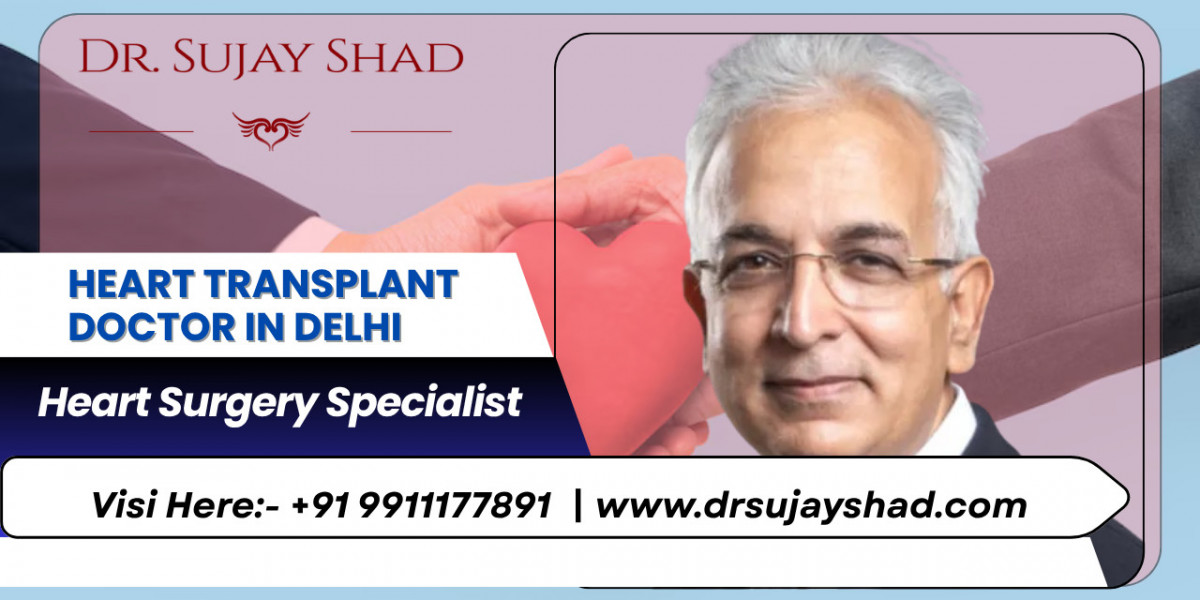When heart disease reaches its most advanced stages, medications and traditional surgeries may no longer be enough. In such cases, a heart transplant may be the best and sometimes the only option. If you or a loved one is facing this possibility, understanding what the process involves can provide clarity and confidence. In this blog, we have included everything you need to know about heart transplantation and insights from the heart surgery doctor in India. For more information, continue reading.
Understanding Heart Transplant
A heart transplant is a surgical procedure that replaces a failing or diseased heart with a healthy one from a deceased donor. It’s typically recommended for people with end-stage heart failure who have not responded to other treatments. Common conditions leading to a transplant are mentioned below:
Dilated cardiomyopathy
Ischemic heart disease
Congenital heart defects
Severe heart valve disease
Ideal Candidate for Heart Transplant
Not everyone with heart failure is an ideal candidate for Heart Transplant. The ideal candidacy for heart transplant depends upon the below-mentioned factors:
Severity of heart failure
Overall physical health
Absence of serious conditions like cancer or severe infections
Mental and emotional readiness
Strong support system at home
The Transplant Surgery
The transplant surgery itself takes about 4 to 6 hours and involves the below-mentioned steps:
Removing the diseased heart.
Connecting the donor heart to the major blood vessels.
Restarting the new heart and ensuring it’s functioning properly.
Life After a Heart Transplant
Recovery doesn’t end with surgery. The first year is critical and involves
Immunosuppressive medications to prevent rejection
Frequent biopsies and blood tests
Regular follow-ups with the transplant team
However, most patients return to many normal activities within a few months. With good care, many heart transplant recipients live 10–15 years or more with a good quality of life.
Risks and Challenges
Some of the common risks and challenges associated with Heart While a heart transplant can be life-saving, it comes with serious considerations:
Organ rejection: The immune system may attack the new heart
Infections: Immunosuppressants lower the body’s defenses
Side effects: Long-term medications can affect kidneys, blood pressure, and more
Visit Dr. Sujay Shad For Expert Consultation
A heart transplant is one of modern medicine’s most remarkable achievements. For those with end-stage heart failure, it offers hope and a second chance at life. If you’re considering a transplant, talk with your cardiologist and a certified transplant centre to fully understand your options. For more information, book an appointment with the Heart Transplant Doctor in Delhi, Dr. Sujay Shad, at Sir Ganga Ram Hospital, New Delhi!







